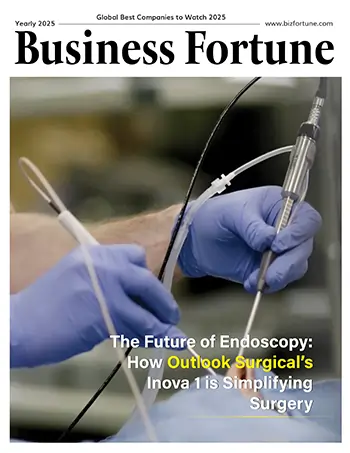Home Innovation Applied Technology Glass Fertilizer Beads Offer a...
Glass Fertilizer Beads Offer a Sustainable Alternative to Conventional Fertilizers
Applied Technology

Business Fortune
25 Febuary, 2025
Glass fertilizer beads reduce emissions and runoff by releasing nutrients gradually and carefully.
Fertilizers for agriculture are essential for maintaining crops, replenishing soil fertility, and feeding the world's population. Utilizing those resources excessively and inefficiently might endanger the ecosystem by polluting streams and producing greenhouse gases like nitrous oxide. Researchers have now used glass fertilizer beads to overcome those issues, as reported in ACS Agricultural Science & Technology. The researchers claim that the beads are ecologically friendly and regulate the flow of nutrients.
The usage of agricultural chemicals has grown over time. Nitrogen, phosphorus, and trace quantities of other elements, such as calcium, are found in fertilizers. Sadly, the advantages of these fertilizers are lost due to air emissions and groundwater leakage, requiring regular reapplication and causing downstream environmental issues including harmful algal blooms.
Tiny glass beads that were employed by earlier researchers to enhance plant development may offer a solution. Manzani, Eduardo Ferreira, and associates created a water-soluble, multicomponent glass fertilizer intended for regulated nutrient release to increase the effectiveness of nutrient delivery.
The scientists created glass with a variety of macro and micronutrients, including calcium, potassium, and phosphorus. The glass was crushed into both big (0.85 to 2 millimeters wide) and tiny (less than 0.85 millimeters wide) particles. The particles were put in either water or a buffer solution that replicated soil conditions in the first test. They discovered that every nutrient diffused into the solutions over 100 hours with very slight variations after being liberated from glass particles of both sizes.
According to the researchers, these findings point to a sustainable and effective substitute for traditional fertilizers that has less of an adverse effect on the environment.


































